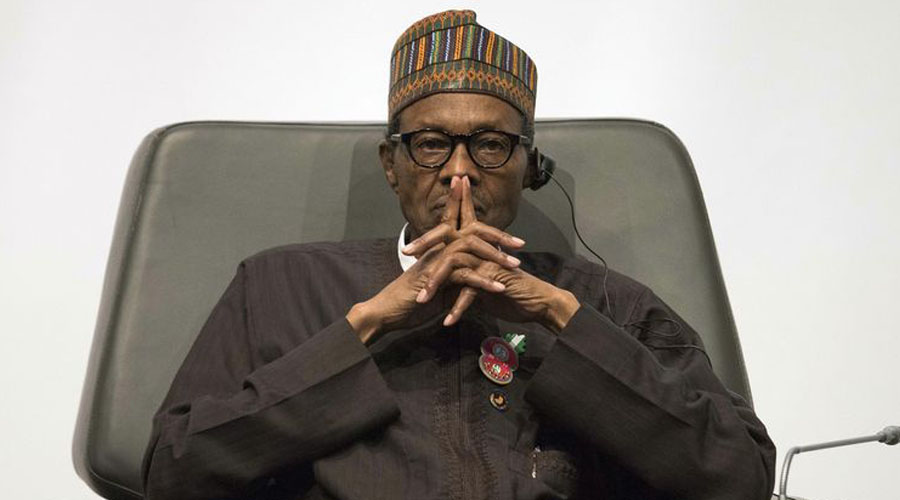British Magazine, The Economist has canvassed for Vice President Yemi Osinbajo to retain authority to drive policy changes in Nigeria.

According to the magazine, investors will probably keep on giving Nigeria the benefit of the doubt if Osinbajo is in charge.
The magazine’s report which was centered on Nigeria’s debt, noted that Nigeria’s technocratic vice-president ran the show well while Buhari was unwell.
Last month, Nigeria issued a 15-year, $1bn eurobond and it was eight times oversubscribed. A second issuance is expected, possibly this month. It will probably be met with similar enthusiasm.
Nigeria is benefiting from pent-up demand for African sovereign debt. Emerging markets started last year on a very bad footing: depressed currencies, looming interest-rate increases and uncertainty over British and American votes put investors off risky trades.
With interest rates in the developed world still low, asset managers remain hungry for returns.
More specific factors have also put Nigeria on investors’ radars. In early February, the Nigeria’s,ministers of finance, national planning and the Central Bank of Nigeria (CBN) governor toured the world’s financial capitals to provide an update on their agenda for reform.
After two years of denial, the government admitted that the economy needs deep adjustments.
Investors are cheered by efforts to reduce opportunities for sleaze, such as the introduction of biometric records in the civil service and the merger of multiple treasury accounts into a single kitty, which Nigera started attempting to implement in late 2015.
They also liked measures to end wasteful fuel subsidies, improve tax collection and increase VAT. Such pledges make it more likely that the World Bank and the African Development Bank will agree to lend Nigeria a combined $3.5bn to support its 2017 budget.
Credit: Naij














